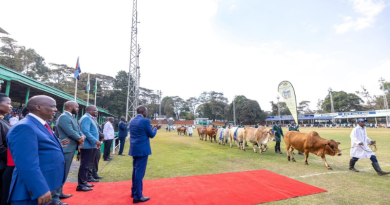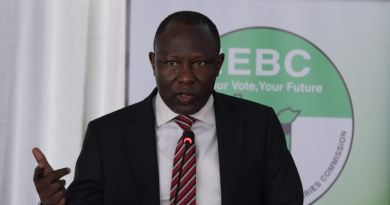Global Climate Efforts Falter as COP30 Sidesteps Industrial Animal Farming
By Samson Kurgat, Nairobi,
As the COP30 climate summit concludes in the heart of the Amazon, environmental and animal welfare groups are sounding the alarm over a critical omission in the global talks: the failure to directly address the impacts of industrial animal agriculture.
World Animal Protection has warned that ignoring this major driver of greenhouse gases and deforestation fundamentally undermines the world’s progress on the climate crisis.
Despite the summit’s location at the edge of the rapidly disappearing Amazon rainforest, negotiations largely sidestepped the issue of intensive farming. The final “Belém Political Package” was notably weak on concrete action to halt deforestation, a direct contradiction to the urgency of the setting.
“We cannot protect the planet while propping up an industry that destroys forests, fuels the climate crisis, and subjects billions of animals to immense suffering,” said Sally Kahiu, External Affairs Lead at World Animal Protection. She emphasized the irrationality of a system that clears forests to grow animal feed rather than nourishing people, calling it an environmental and economic failure.

The consequences of this inaction are already being felt acutely, particularly across Africa, where nations are grappling with climate impacts fueled by global emissions. From prolonged droughts in the Horn of Africa and destructive floods in the South to crop failures in the West, the region is on the front lines.
Looking ahead, World Animal Protection is urging nations to confront this challenge head-on. With COP32 scheduled for Ethiopia, the organization sees a historic opportunity for African-led solutions—such as Kenya’s agroecology initiatives, Rwanda’s forest restoration, and Ghana’s land management programs—to finally shape a global agenda for humane, equitable, and sustainable food systems.




